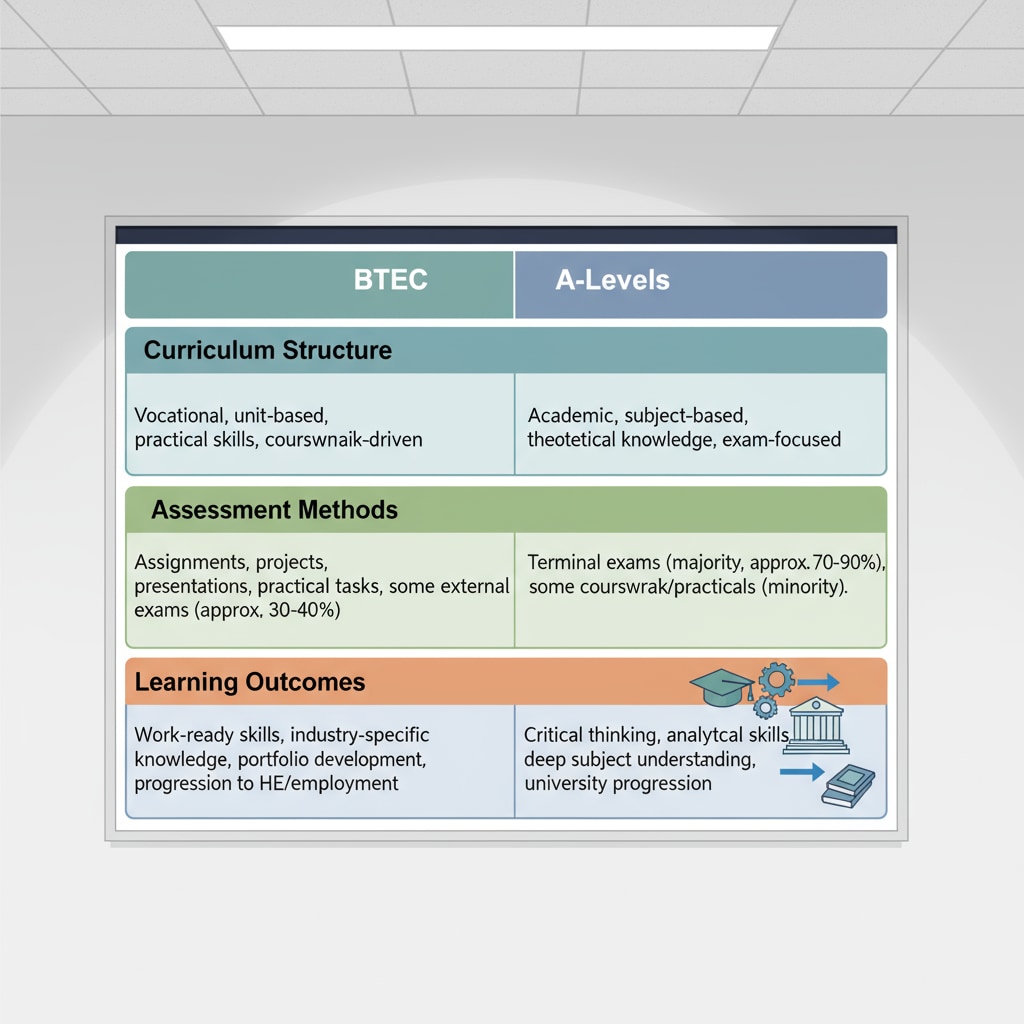Embarking on the journey of studying abroad, many students with BTEC qualifications wonder about the feasibility of applying to Japanese universities. The landscape of international education is diverse, and understanding the relationship between BTEC, A-levels, and Japanese higher education is crucial. In this article, we will explore the ins and outs of this topic, providing valuable insights for those considering this path.

The BTEC and A-levels Landscape in Japanese University Admissions
BTEC (Business and Technology Education Council) and A-levels are two well-known qualification systems in the UK. A-levels are widely recognized as a traditional and highly respected academic qualification for university entry in many countries. In the context of Japanese university applications, A-levels are generally well-understood by admissions officers. However, BTEC is relatively less familiar. BTEC Level 3, which is equivalent to A-levels in terms of academic level, offers a more vocational and practical approach to learning. For example, while A-levels focus more on theoretical knowledge in subjects like mathematics and physics, BTEC Level 3 might include practical projects and real-world case studies in related fields. BTEC on Wikipedia

Challenges Faced by BTEC Holders Applying to Japanese Universities
One of the main challenges is the lack of awareness among Japanese universities about the BTEC qualification. Admissions officers may be more accustomed to evaluating A-levels and other traditional qualifications. This can lead to difficulties in accurately assessing the academic capabilities of BTEC students. Additionally, some Japanese universities may have specific entry requirements that are more tailored to A-levels, such as minimum grades in certain subjects. BTEC students may find it hard to meet these requirements directly. However, this does not mean that their chances are slim. There are ways to overcome these obstacles. Education system details on Britannica
Strategies for BTEC Holders to Succeed in Japanese University Applications
Firstly, it is essential to provide detailed information about the BTEC qualification to the admissions office. This can include a breakdown of the curriculum, assessment methods, and the equivalence to A-levels. Secondly, BTEC students can strengthen their applications by taking additional courses or exams that are more recognized in the Japanese context, such as relevant language proficiency tests or subject-specific assessments. Moreover, highlighting relevant practical experiences gained through BTEC projects can set applicants apart. For example, if a student has worked on a project related to engineering during their BTEC studies, they can emphasize this in their personal statement and show how it has prepared them for higher education in Japan.
In conclusion, while there are challenges for students with BTEC Level 3 certificates applying to Japanese universities, there are also numerous possibilities. By understanding the differences between BTEC and A-levels in the context of Japanese higher education and implementing effective strategies, BTEC holders can increase their chances of securing a place in a Japanese university. This journey of studying abroad with a BTEC qualification can open up new horizons and opportunities for students in the dynamic world of Japanese education.
Readability guidance: The article uses short paragraphs and lists to summarize key points. Each H2 section provides relevant information and a list where applicable. The proportion of passive voice and long sentences is controlled, and transition words are used throughout the text to enhance readability.


